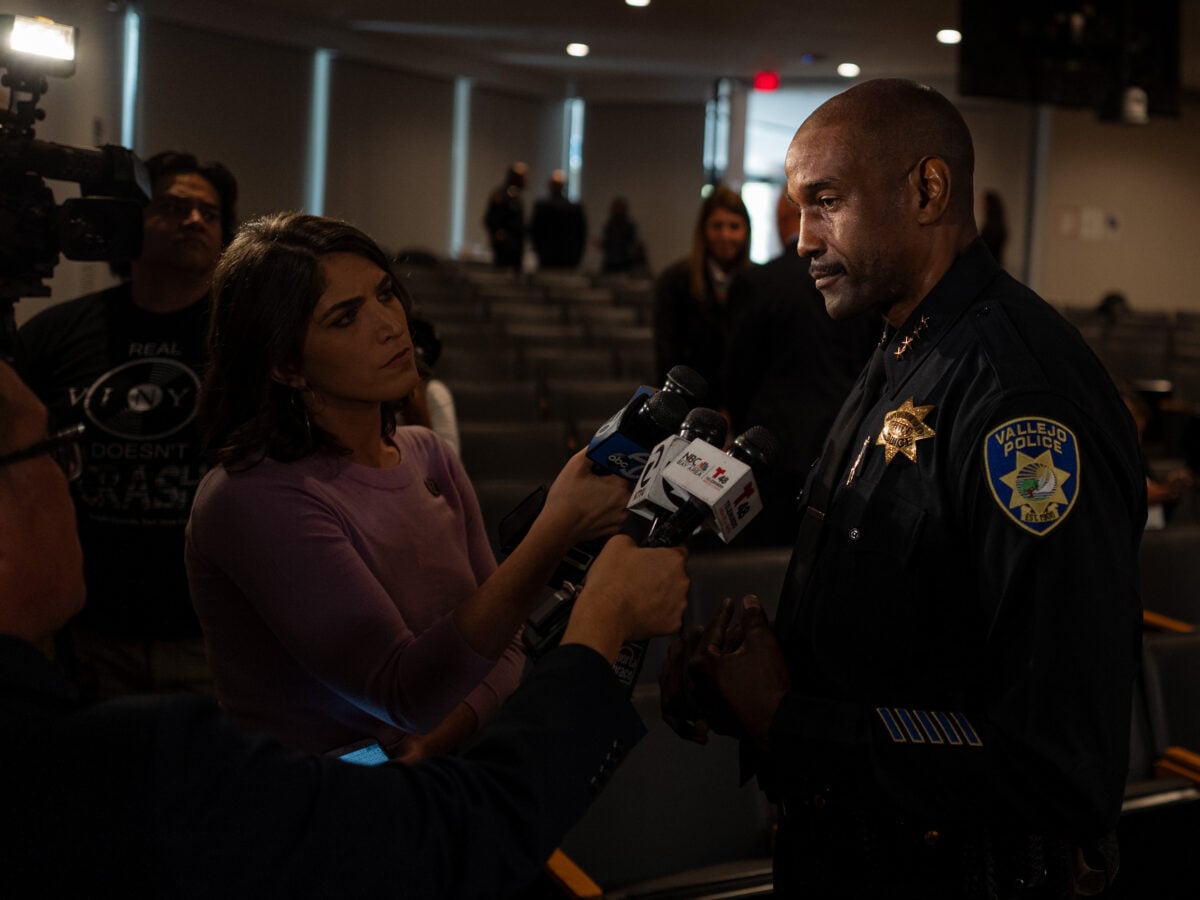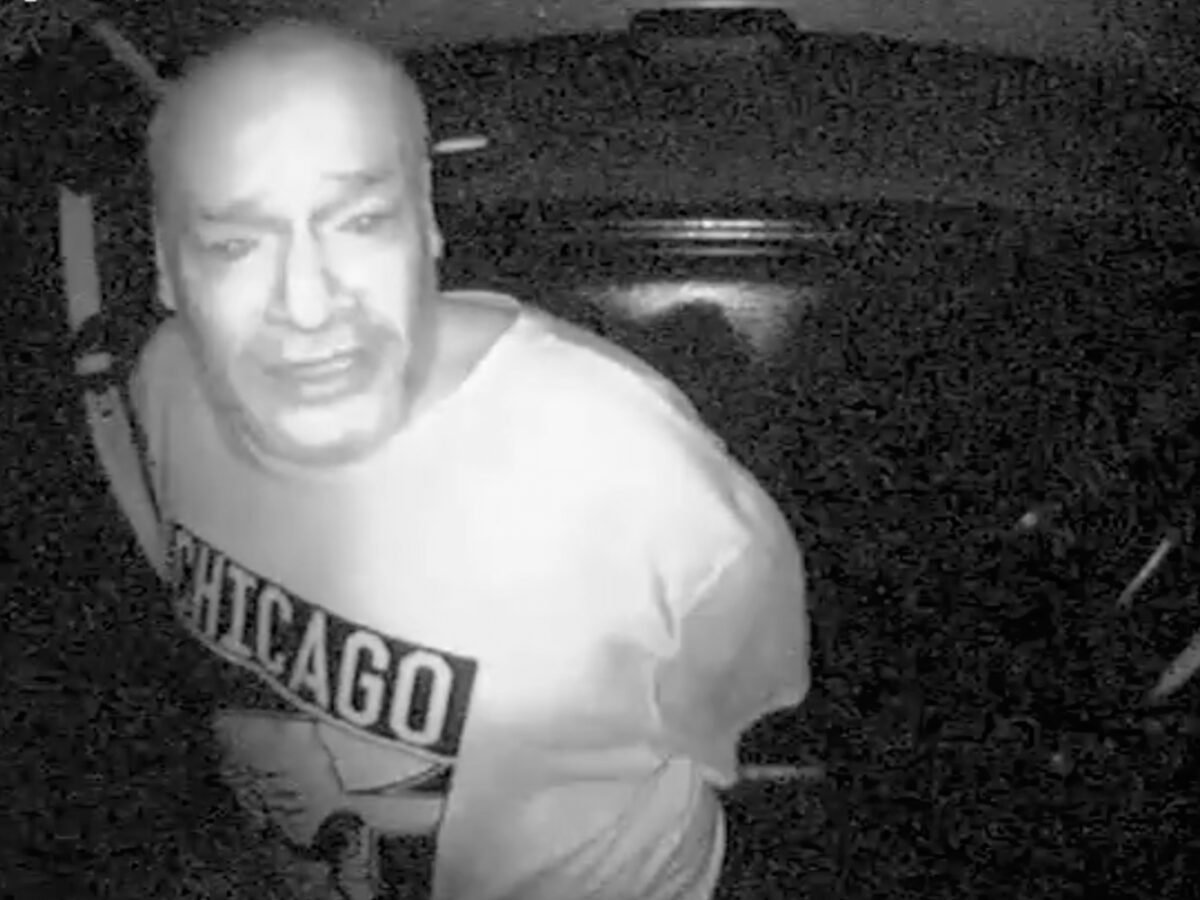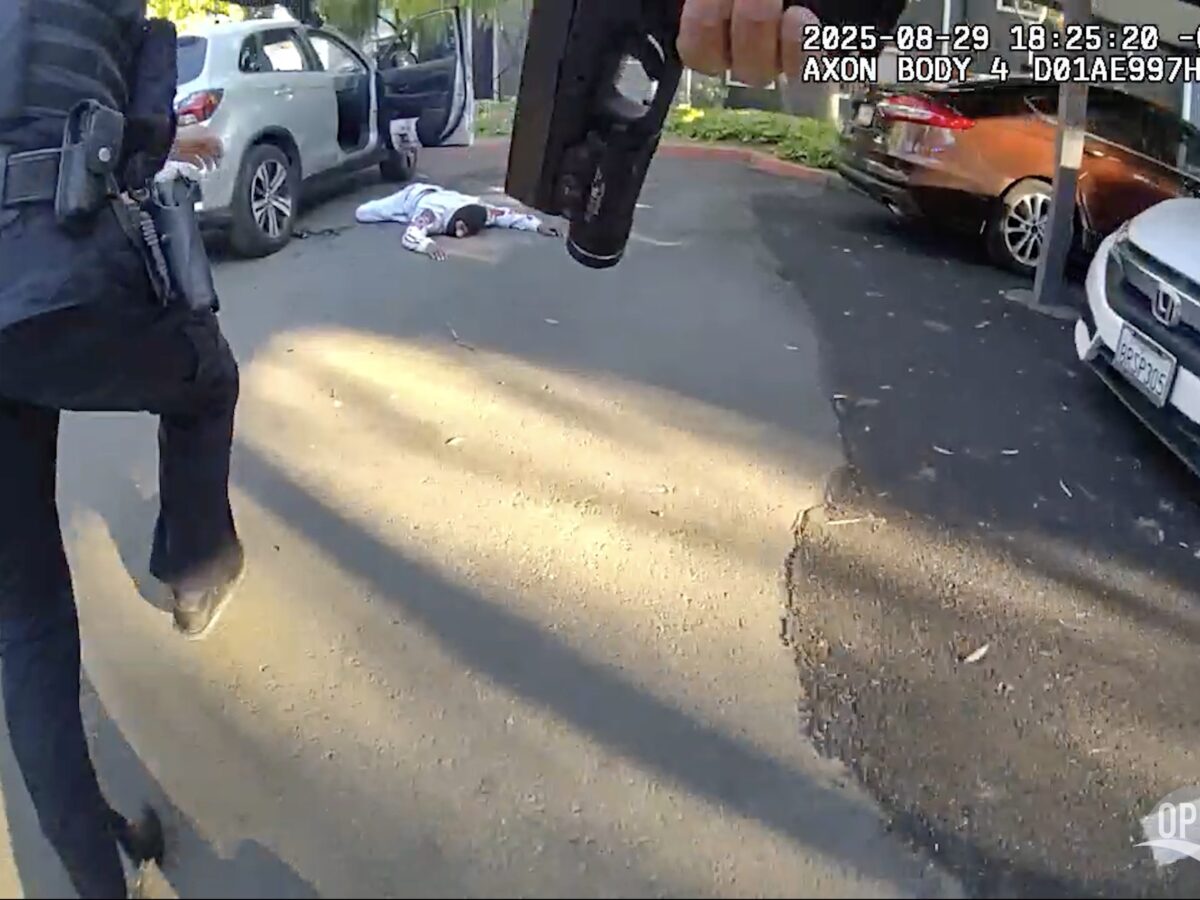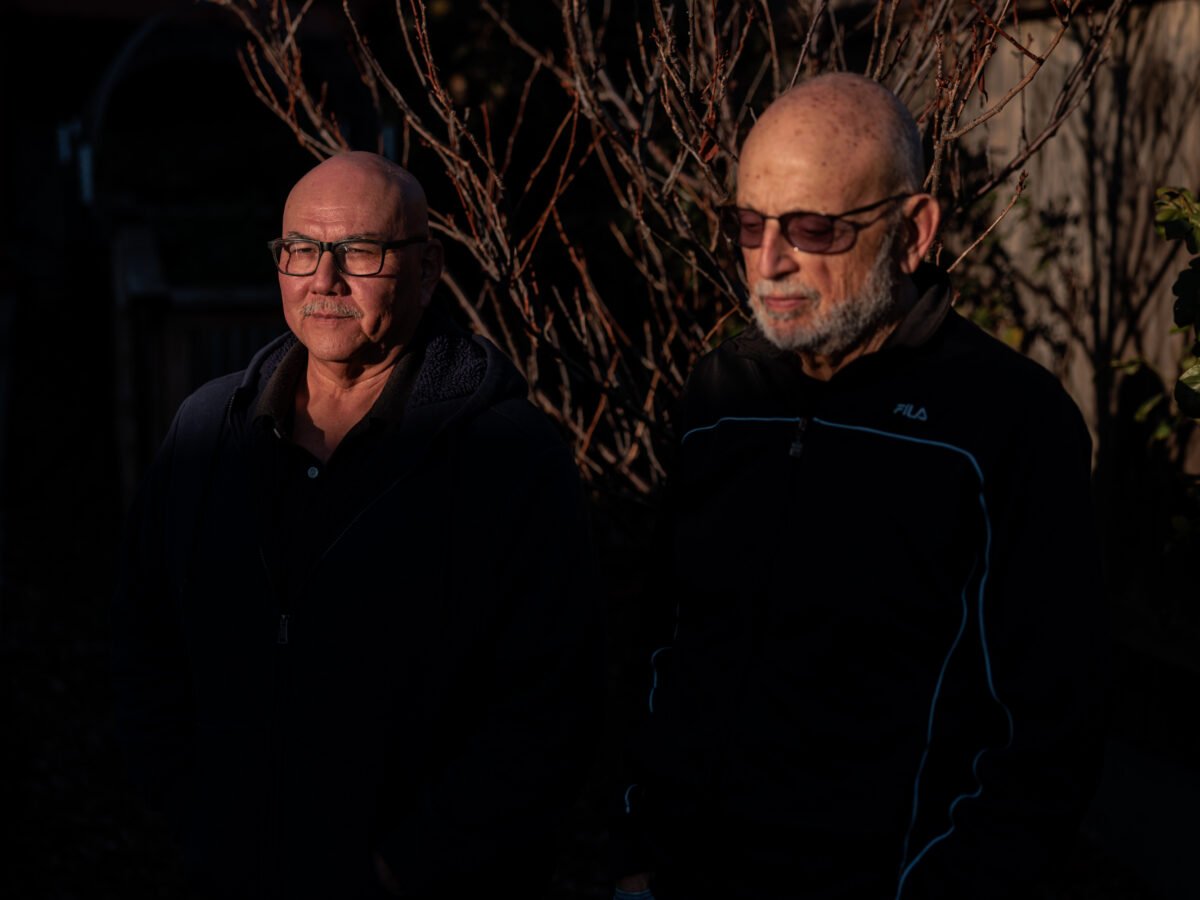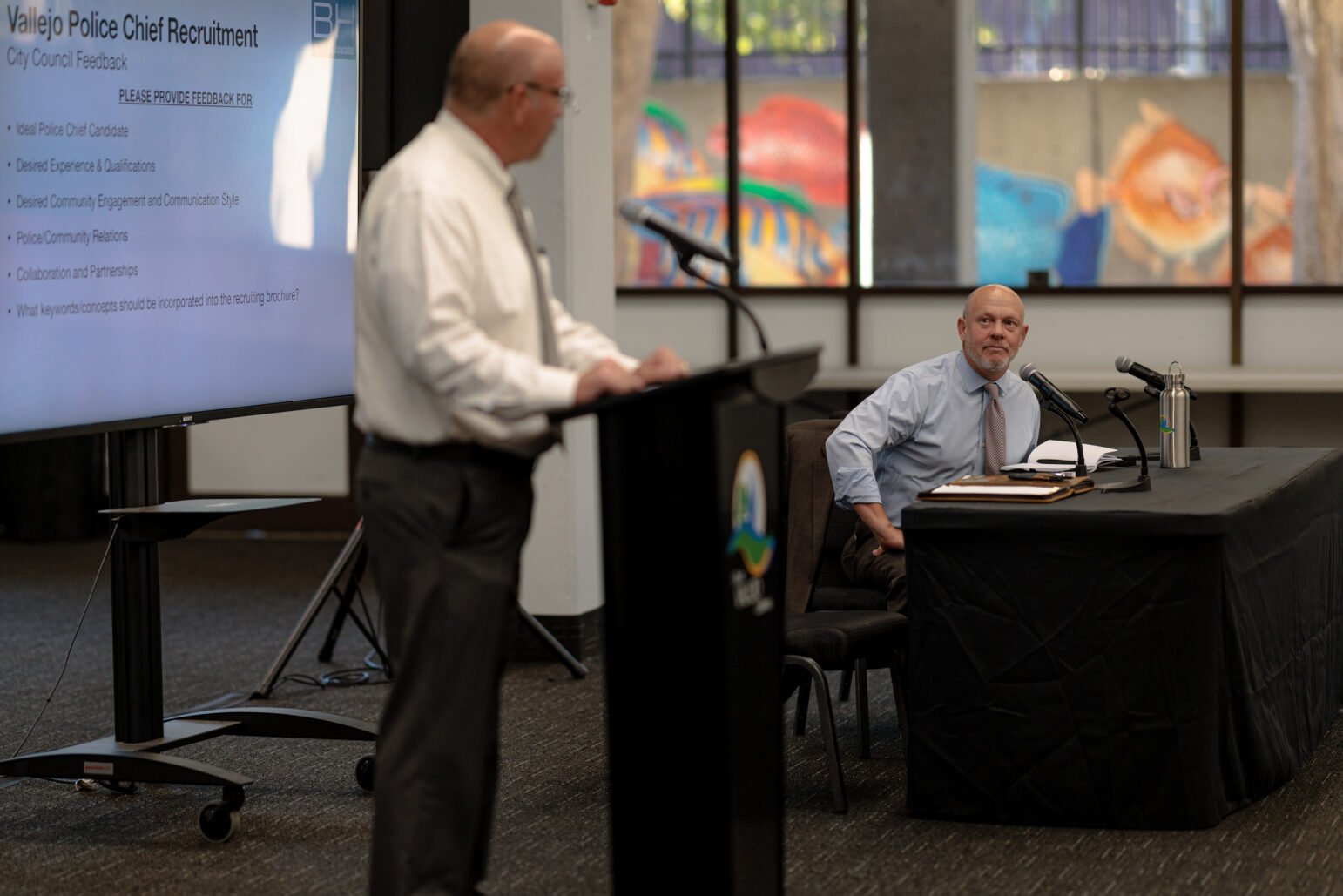
Facing mounting community pressure, City Manager Andrew Murray announced Monday that he plans to seek more feedback from residents before selecting one of three finalists for Vallejo’s next police chief.
The decision comes 10 days after Open Vallejo reported that a community panel tasked with interviewing six police chief candidates in early September included no Black residents. After a panelist brought her concerns to Murray, he said he maintained confidence in the process. But the city manager appears to have reversed course a week later, following a wave of backlash from community members, the California Department of Justice, and the local chapter of the NAACP.
“The importance of the permanent Police Chief to the City’s future cannot be overstated,” Murray said in a statement released Monday afternoon. “Due to the significance of this selection, it is critical that every group within the City feels like they have been heard in this process.”
The city manager met with representatives from the state DOJ last week over feedback the agency “received from community members regarding the Police Chief selection process,” according to City of Vallejo spokesperson Sharon Lund. The Vallejo Times-Herald first revealed the city manager’s meeting with the state DOJ and its impact on Murray’s decision to convene a new interview panel Monday.
The state DOJ is leading a years-long effort to reform the Vallejo Police Department following decades of unchecked violence by officers. In April, California Attorney General Rob Bonta entered into a settlement agreement with Vallejo intended to force reforms on the city after an earlier, more collaborative approach stalled.
A California DOJ spokesperson wrote in an email Tuesday that the agency meets regularly with Vallejo police and city leaders as part of the ongoing reform effort.
“As part of these efforts, we regularly share community concerns that are expressed to DOJ with City leadership and VPD, as all parties understand that community engagement and trust are a cornerstone of building more effective policing,” the spokesperson said.
Vallejo will now convene a second community panel with eight people “recommended by the City Council,” according to the city’s statement. The panel will include at least two Black, Latinx, Asian, and white residents, who will provide feedback to Murray on the three finalists for the position. Vallejo’s population is 29 percent Hispanic, 23 percent Asian, 22 percent white, and 18 percent Black, according to recent U.S. Census data.
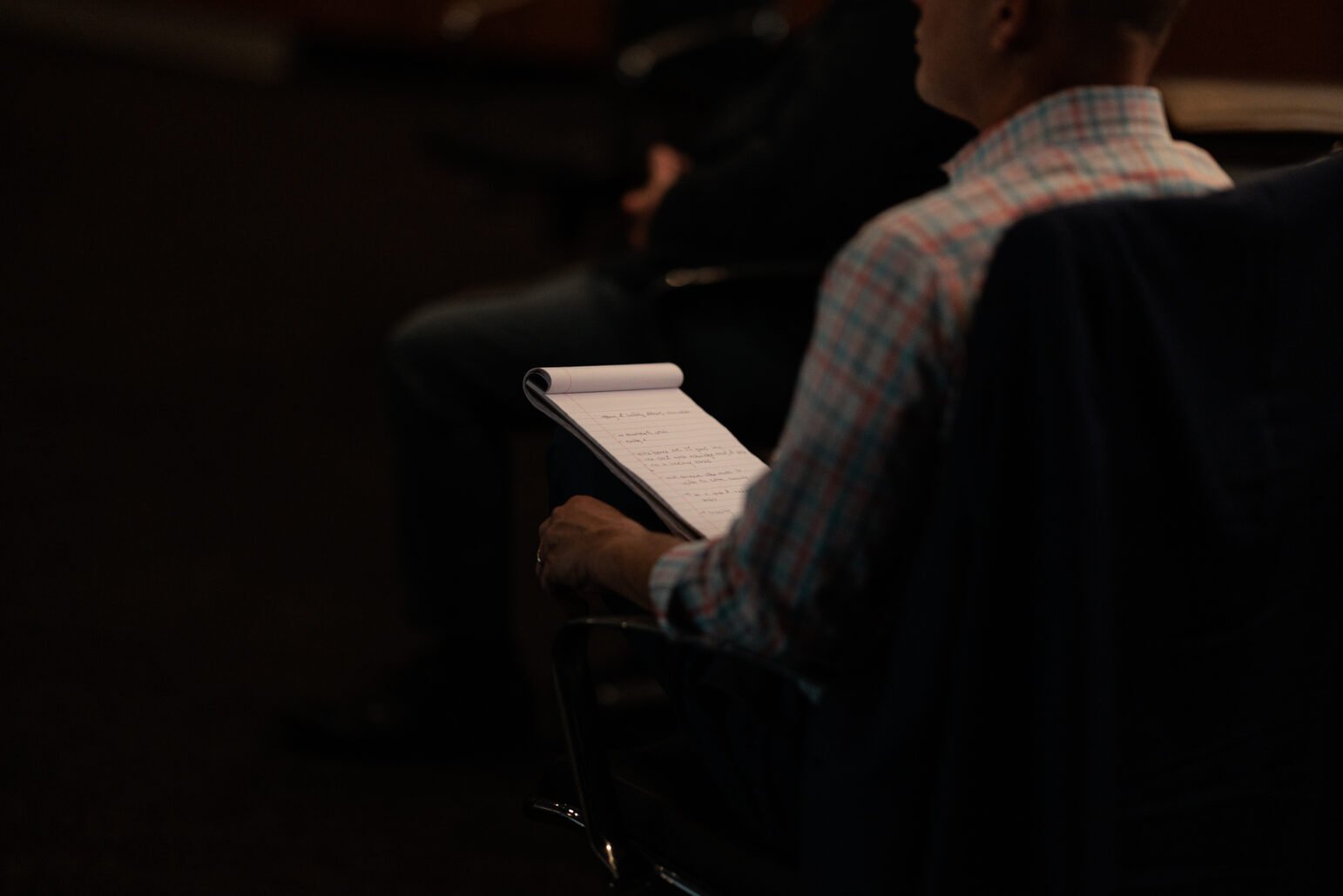
Vallejo NAACP President Patricia Schmidt Hunter said her organization plans to meet with Murray on Tuesday. Emails obtained by Open Vallejo show the NAACP sent Murray a letter objecting to the lack of Black representation on the panel last Wednesday, after a member of the organization brought their concerns to the organization’s executive committee.
Murray and executive recruiter Joe Gorton met with numerous local organizations to discuss the city’s police chief search, including the Solano County Black Chamber of Commerce, the American Civil Liberties Union, Black Women Organized for Political Action, Common Ground, and Advance Peace, according to the city’s statement published Monday. There is no indication the recruiters met with the Vallejo NAACP.
Liat Meitzenheimer, a member of the local NAACP, said she was glad Murray plans to form a new, more representative community interview panel. However, “it doesn’t fix the problem,” which she said stems from a longstanding lack of equity in the city’s processes, policies, and communication. A long-time community advocate, Meitzenheimer said she remembers Black leaders demanding information and inclusion from Vallejo city officials in the 1990s.
“Thirty years later, we’re still talking about the same thing. Nothing has changed,” she said. “When is the city going to get serious about having equity within the decisions that they make, and not making excuses about why it can’t happen?”
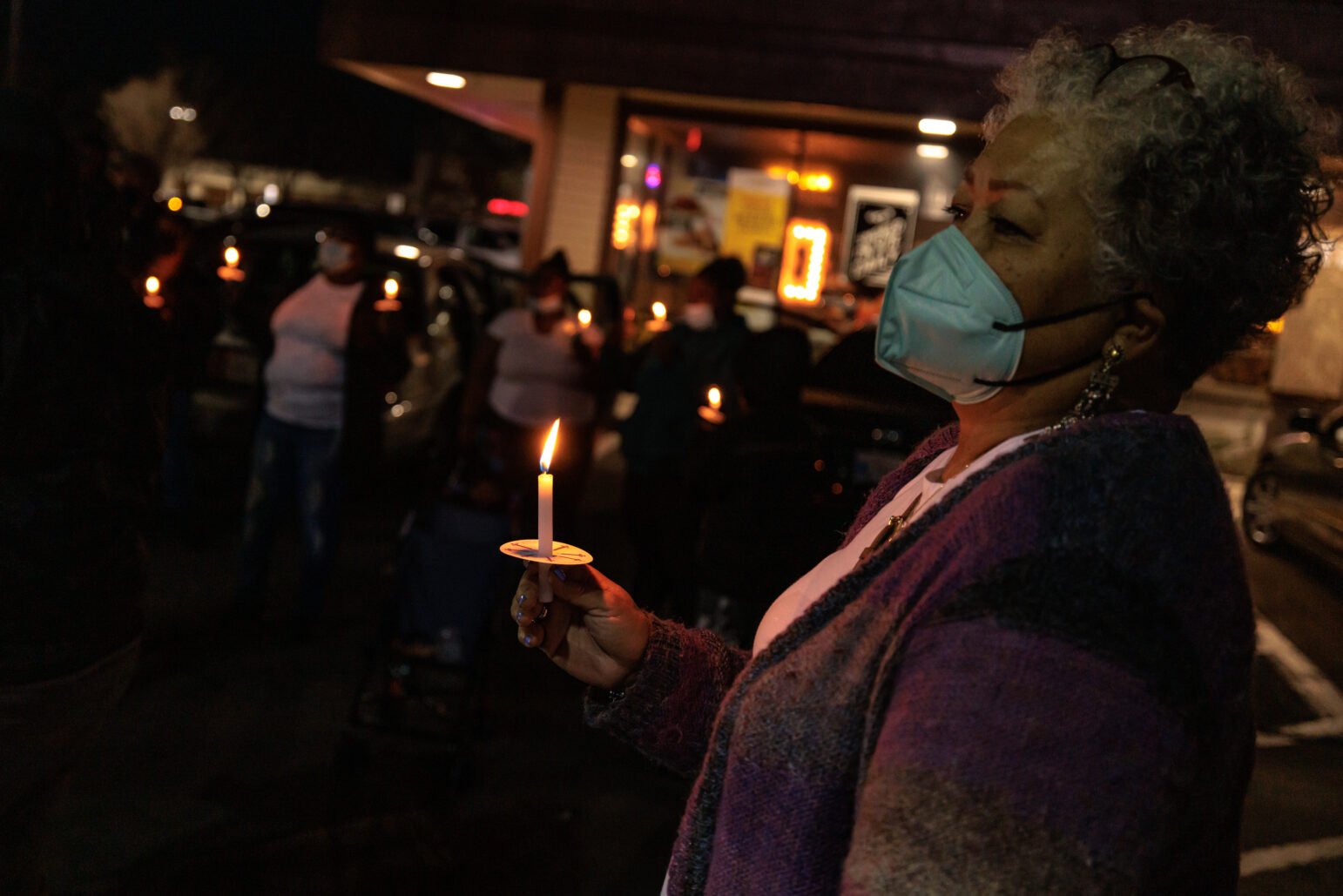
Meitzenheimer said at least four community members received a “generic” and “tone-deaf” reply from Murray when they contacted him with concerns about the police chief interviews.
In the emails, Murray told concerned community members that a representative for District 2, who is Black, did not attend the Sept. 6 interview because of a personal emergency. The city “did not have time to bring in the alternate,” he wrote, and “it would be infeasible to redo the panel,” according to emails obtained by Open Vallejo.
“It is very unlikely that the addition of a single community panelist would have changed the outcome of the panel process,” the city manager wrote, noting that all three panels “agreed on the top candidates.”
Now, Meitzenheimer said she wonders whether the new panel’s input will influence Murray’s hiring decision.
“Is it just another performative action they’re taking? Is it going to really make a difference? Those questions have yet to be answered,” she said.
This article has been updated to include additional comment from the California Department of Justice.

